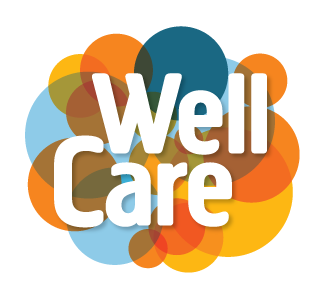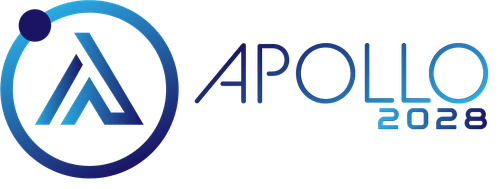Sister projects
We have established a Project Group comprising similar ongoing projects from other EU-funded initiatives. This collaboration allows us to
maximize the impact of our dissemination efforts by leveraging shared characteristics among projects, such as results, research areas, and target audiences. This synergy forms the foundation for a cohesive PG. This analysis has led to the creation of the following PGs with the sister project:
Lead by Linnaeus University (Sweden)
The overall goal of the WELL CARE project is to strengthen the supports available to LTC workers and informal carers for improving their resilience and mental wellbeing. The project consortium will do this by contributing to the identification, improvement/adaptation and implementation on a wide scale of innovative solutions for addressing care partnerships.
The project will investigate
What are the good practices that directly improve LTC workers and informal carers’ mental health, as well as those which prevent or mitigate the occupational risks (e.g. heavy workload, stressful working conditions, risk of exposure to infectious agents, precariousness, ethical stress) and non-occupational risks (based on factors such as gender, age, migration background, socio-economic status, and the quality of the care partnership) affecting their mental health.
WELL CARE will select
Model and promote such innovative solutions (e.g. prototypes). Our fieldwork with good practices and solution prototypes will be focused on 5 EU countries, i.e. Germany, Italy, Netherlands, Slovenia, and Sweden. These countries were selected to capture contrasting features of (formal and informal) LTC systems in Europe and to guarantee the geographical coverage and relevance of our project.
Lead by The University of Montpellier (France)
The overall objective of the APOLLO2028 project is to provide health and care workers, organisations, and healthcare system funders and policy makers with research-backed innovative solutions to help improve mental health, wellbeing, and capacity to be more resilient to changing environments (especially daily pressures and extreme events) at the workplace.
The originality of the project
Is to consider resilience in health care in a holistic approach to build individual, team and organizational capabilities to face the next extreme events and daily pressures. APOLLO2028 will study individual factors affecting resilience, group factors, organizational factors, and develop a model involving all types of factors. This model will serve as a basis for the production of guidelines to be disseminated to health and care workers, their managers, as well as policy makers and health systems funders.
APOLLO2028
Will also develop an AI-based system to support in the identification of stress factors and recommend actions. We will involve all the stakeholders in a co-design work to finalise our solutions. We will also review the cost effectiveness of our solutions. The main impact of our project will be a reduction of stress factors at the workplace, and an improvement of resilience of all the health and care workers. We will ensure our solutions are disseminated to all EU member states and adapted to the specifics of each of their health care systems.


